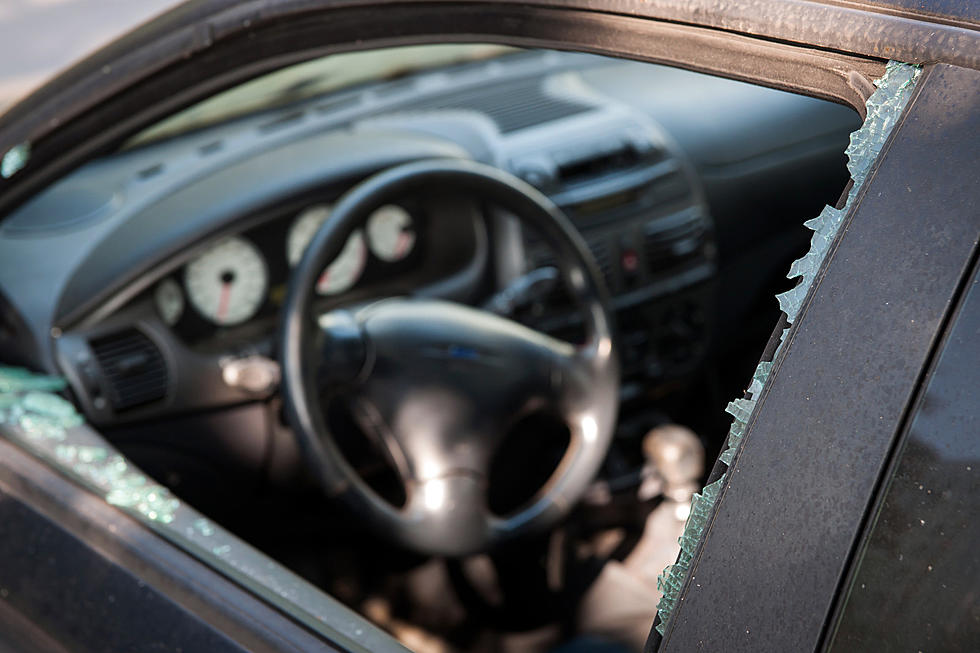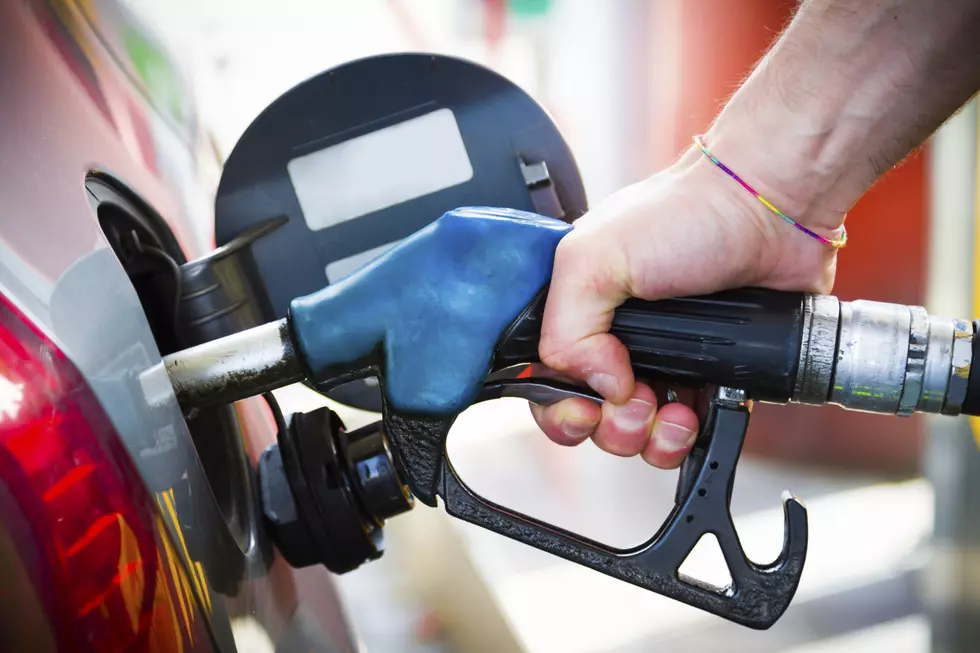
NJ law doesn’t let you warm up your car — Do you really need to?
During the colder months, how long do you let your car run before you actually get behind the wheel?
Only when the temperature is eight degrees freezing can you warm up your car for several minutes before driving away — unless you want to risk getting fined.
Through November of 2018, more than 300 tickets have been issued by New Jersey law enforcement for violations of the state's idling law, according to the state Department of Environmental Protection.
New Jersey law generally prohibits vehicle idling, even in your own driveway, for more than three minutes. A vehicle may idle for up to 15 minutes when the vehicle's been stopped for at least three hours and the temperature outside is below 25 degrees.
The penalty for a first offense is $250. A second violation equates to a $500 fine, and all violations thereafter are subject to $1,000 fines.
And, unless you're driving what would now be considered a classic, the "it's good for the car" argument doesn't hold up, according to experts in the field.
"The days of warming up your car for 10 to 15 minutes are no longer necessary," said Tracy Noble, spokeswoman for AAA Mid-Atlantic. "The vehicles used to need that years and years ago, but with all the technology today, that's no longer correct."
With a carburetor, vehicles built before 1995 generally needed time to warm up so the engine would run properly. With a fuel-injection model, modern cars aren't as sensitive to the colder weather.
"According to our AAA automotive experts, you really need only 15 to 30 seconds prior to putting your car in gear and running it," Noble said.
The U.S. Department of Energy claims that driving your vehicle helps the engine reach its ideal operating temperature faster than idling your vehicle. The car's interior will warm up faster as well.
Idling for 10 seconds uses more gasoline than restarting your car, a spokesperson for the DEP said. Vehicles that idle more than 10 minutes a day waste more than 29 gallons of fuel annually.
The public can report idling violations by calling 1-877-WARN-DEP, or by contacting local police.
More From 92.7 WOBM










